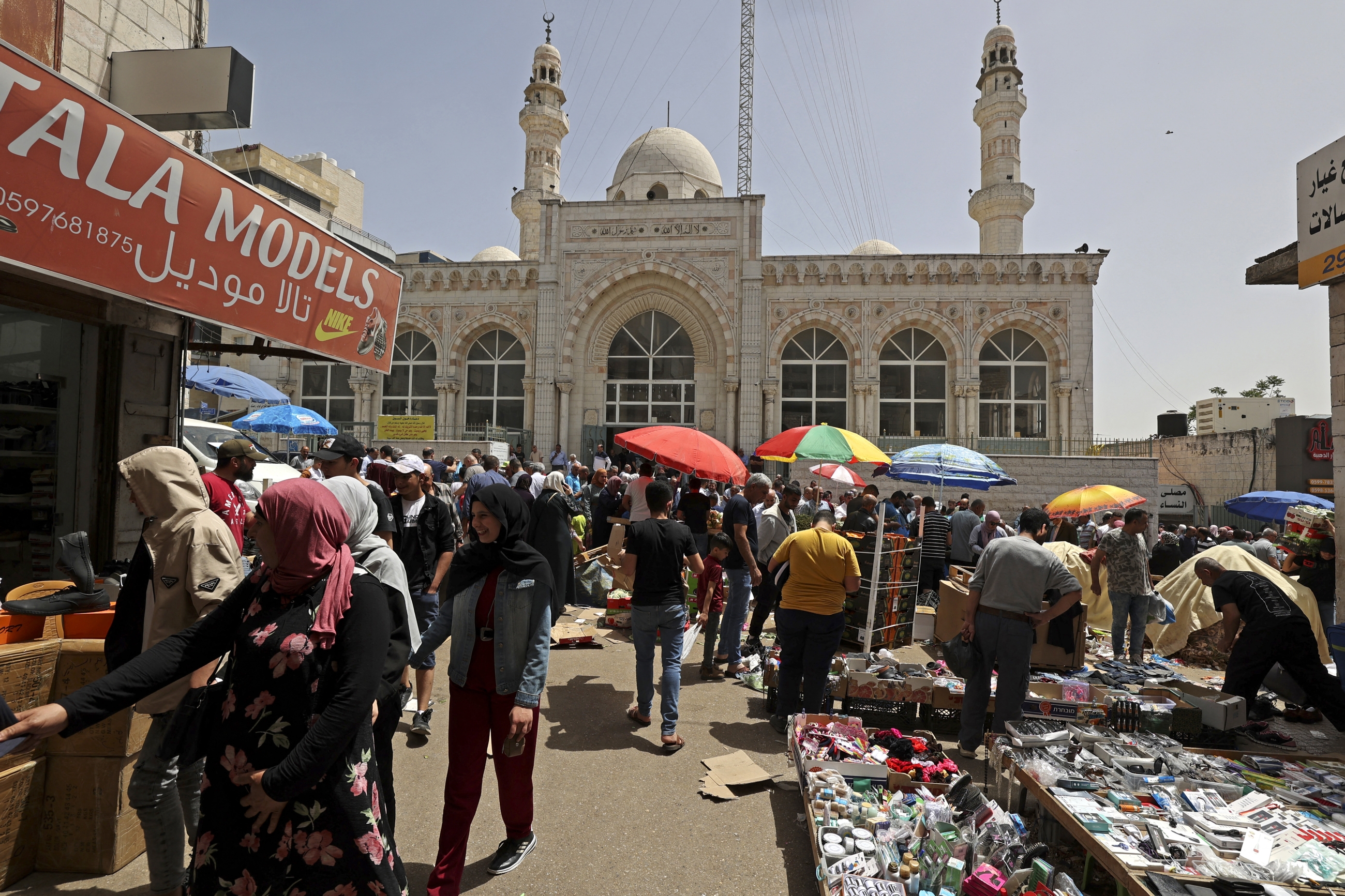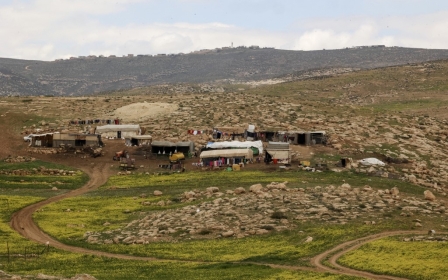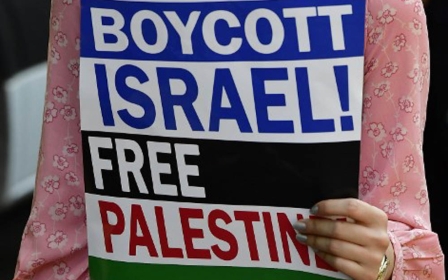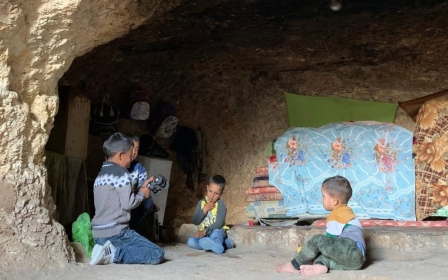'Precarious' Palestinian economy needs more aid, says World Bank

The World Bank has urged the international community to boost support for the Palestinian Authority, which it said is facing a destabilising budget crisis linked partly to "record low" foreign aid contributions.
In a report published on Monday, the World Bank painted a contrasting view of the Palestinian economy, which is seeing a post-lockdown recovery even as food insecurity worsens in places.
It said the economy of the besieged Gaza Strip witnessed 3.4 percent growth in 2021 despite Israel's brutal 11-day offensive last May.
Israel's military operation last year killed 256 Palestinians, including 66 children, according to the UN. In Israel, 13 people were killed by rockets launched from Gaza.
Meanwhile, the economy of the occupied West Bank witnessed a 7.8 percent growth in 2021, which was partly fuelled by an increased number of Israeli work permits enabling Palestinians to find jobs in Israel.
New MEE newsletter: Jerusalem Dispatch
Sign up to get the latest insights and analysis on Israel-Palestine, alongside Turkey Unpacked and other MEE newsletters
The growth in the West Bank allowed the Palestinian Authority (PA) to increase its tax revenue but the financial outlook remains "precarious", the World Bank said.
"The fiscal situation remains highly challenging," the organisation said, adding that the PA was now paying only "partial salaries since November".
Since it was established in 1993, the PA has relied heavily on foreign aid to pay its employees' salaries and pump cash into the economy.
However, in recent years, the US, UK, and EU had been using these donations to push the PA for political compromise.
The PA's 2021 budget deficit hit $1.26bn, while a "record low" $317m was received in foreign aid, the World Bank said.
Palestinian prime minister Mohammed Shtayyeh was set to meet EU officials in Brussels to push for "progress in the European position in terms of supporting the PA", the authority's spokesman Ibrahim Melhem told the AFP news agency.
Israel's regional cooperation minister Issawi Freij is also expected at the Brussels conference which is set to begin on Tuesday.
Israeli Prime Minister Naftali Bennett, who opposes Palestinian statehood, has said he wants to boost economic opportunities in the West Bank.
He has argued that Palestinians earning high Israeli wages along with other economic opportunities could help reduce violence in the long-running conflict.
On Friday, Israel announced plans to build thousands of housing units for illegal Jewish settlements in the occupied West Bank despite the decision being met with US criticism.
The PA also condemned the decision, calling it "a flagrant violation" that will inflame tension and undermine trust as well as the two-state solution."
The last time settlement units were approved in October, the Biden administration released a similar statement, condemning continued settlement building publicly.
Middle East Eye delivers independent and unrivalled coverage and analysis of the Middle East, North Africa and beyond. To learn more about republishing this content and the associated fees, please fill out this form. More about MEE can be found here.





